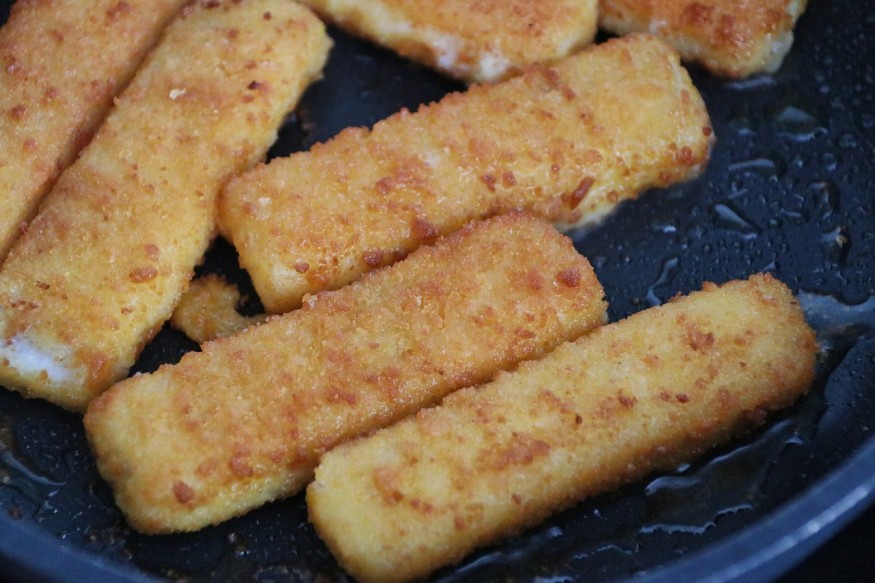Nomad Foods Ltd. is Europe's largest frozen food group with 14 markets across the continent that makes the famous Birds Eye fish fingers. Now, they are entering a new venture by teaming up with the US-based company BlueNalu to develop lab-grown fish fingers.
In an interview on Monday, the European company told Reuters that they aim to develop seafood products grown from cells cultured in a laboratory rather than harvested from the ocean to help meet the rising demand. The company believes that commercializing cell-cultured seafood would support efforts in protecting the long-term sustainability of fish resources of the planet.

Growing Fish Cells in the Laboratory
According to the European Union's Blue Economy Report of 2021, Europe is the largest importer of seafood in the world. European citizens consume about three times of seafood than they produce.
As Reuters reported, Nomad Foods Chief Executive Stéfan Descheemaeker said that the company acknowledges the importance of the sustainability of fish stocks, especially in Europe.
Through their partnership with BlueNalu, they could conduct research and survey consumer insights, assess requirements needed for the approval of regulators, and explore opportunities and novel products for the European market.
Descheemaeker said that the use of technology would accelerate in accomplishing these goals. BlueNalu, a global leader in cellular aquaculture based in San Diego, California, said that the process would include isolating fish cells from the muscle, fat, and connective tissue.
Fish cells will be fed with the nutrition it needs to multiply and develop to cell-cultured seafood products. Then they are shaped into proportions of seafood products using techniques currently employed in the food industry, without any genetic modification.
This project will be the first of its kind between a cell-cultured seafood company and a consumer-packaged company. BlueNalu focuses on fish species that are typically imported, overfished or non-sustainable species, difficult to farm or raise, and those that contain high environmental contaminants.
Before Nomad Foods Ltd.'s partnership with BlueNalu, it has also partnered with the South Korean-based Pulmuone Co Ltd., two Japanese companies, namely Sumitomo Corporation and Mitsubishi Corporation, and Thai Union in Thailand.
Could Lab-Grown Food Become the Future of Food Production?
Lab-grown food has been gathering increasing attention and funding since the last few years, wherein the first-ever lab-grown burger was created by scientist Mark Post in 2013. Two food critics ate the said lab-grown food at a London news conference where it garnered much press interest.
However, lab-grown food has yet to be commercialized and is still under development. According to Food Revolution Network, the idea of switching from conventional meat production to lab-grown food started in the 1970s by the Diet for a Small Planet book that discussed the negative effects of industrialized animal agriculture, which brought to light the possibility of a more sustainable and ethical food system.
Compared to conventional meat production, which uses 83% of global farmland and produces 60% of the greenhouse gas emissions, The alternative of growing food in laboratories is more sustainable in theory because facilities that produce them could run on clean energy to reduce the production of greenhouse gases by 40% to 80%.
RELATED ARTICLE : This Startup Is Growing Sushi-Grade Salmon From Cells in a Lab
Check out more news and information on Lab-Grown Meat in Science Times.
© 2026 ScienceTimes.com All rights reserved. Do not reproduce without permission. The window to the world of Science Times.












